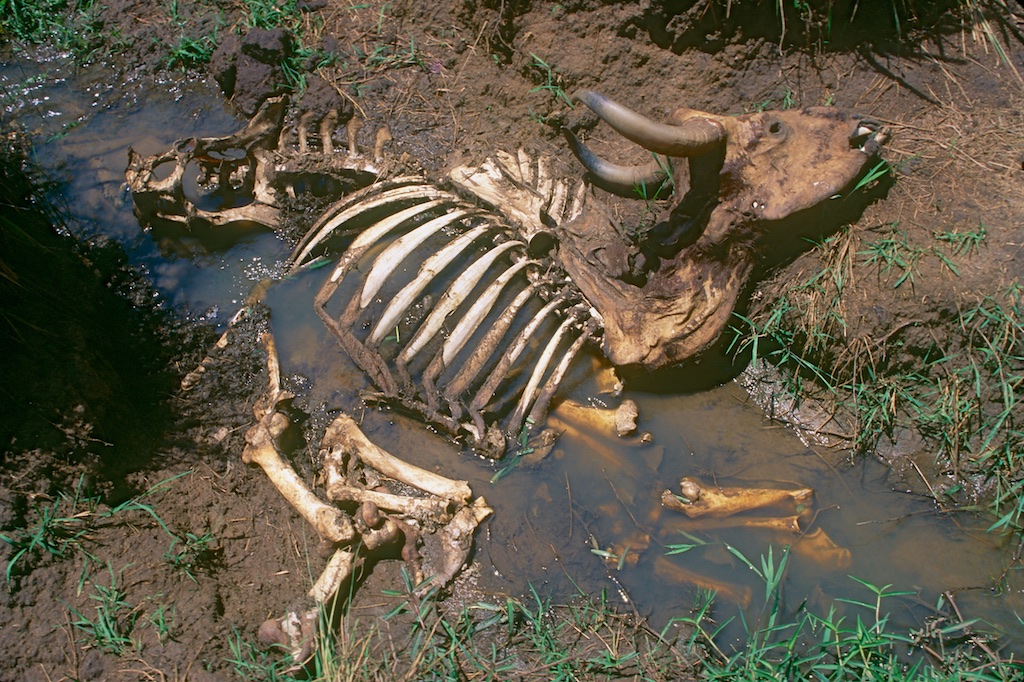 "
"
Of the 9 species of vultures found across the Indian sub-continent, 3 species, the White-Rumped Vulture (Gyps bengalensis), Long-Billed Vulture (G. indicus), and Slender-Billed Vulture (G. Tenuirostris), have suffered major population declines of over 98%. All three species are listed as critically endangered by the IUCN. This population crash is the fastest decline ever recorded in any bird species, including the dodo before it went extinct.
The main cause for the fall in vulture numbers is the widespread use of the drug, Diclofenac, among domesticated animals, particularly livestock. Vultures that feed on the flesh of animals treated with the drug develop renal failure and die.
In 2006, the government of India banned the manufacture and sale of Diclofenac and promoted the use of alterative, vulture-safe drugs (Eg: meloxicam) for livestock. This reduced the prevalence of Diclofenac to a large extent. However, Diclofenac for human use is still widely available and is illegally used in the veterinary sector and continues to be a great threat to recovering vulture populations.
If vultures are to be saved in the wild in India, it is imperative that drugs lethal to them are stringently removed from the environment. It is also essential that proper studies are conducted to test the effects of other alternative drugs before they are put out in the market. Recent studies suggest that vulture recovery is slow in South Asia. We may never again witness the kind of vulture abundance that used to exist about 2 decades ago, but with undeterred conservation efforts and political will, we can hope to prevent them from going extinct in the wild.

 CI is a non-profit, non-commercial portal that aims to facilitate wildlife and nature conservation by providing reliable information and the tools needed to campaign effectively.
CI is a non-profit, non-commercial portal that aims to facilitate wildlife and nature conservation by providing reliable information and the tools needed to campaign effectively.



Chosen as 'Picture of the Week'
This gaur, killed and partially eaten by a tiger in Nagarahole, was picked clean by vultures over a span of two days in 1997. Today, there are few vultures in the region as a result of the Diclofenac die off. What happens to kills like these today would be interesting to study.